Director Pengfei‘s “Take Off,” which world premiered in competition at the Tokyo International Film Festival, represents both a continuation and evolution of the filmmaker’s artistic preoccupations.
Adapted from Shuang Xuetao’s novella “The Aeronaut,” the film follows Li Mingqi (Jiang Qiming), an ordinary worker in Northeast China who inherits his late father’s obsession with flight – a dream that will span decades and test the limits of his persistence.
The story unfolds against the backdrop of China’s dramatic economic transformation from the 1970s to the present. After a homemade flying machine crashes and leaves his brother-in-law disabled, Li Mingqi and his wife (Li Xueqin) attempt to rebuild their lives by opening a dance hall in an abandoned factory museum, using a hot air balloon as a tourist attraction. But when his nephew falls critically ill, Li faces an impossible choice: accept the limitations of his earthbound existence or risk everything for one final flight.
For Pengfei, whose previous films “Underground Fragrance” and “The Taste of Rice Flower” explored working-class and marginalized communities, the project represents his first literary adaptation – and a deepening of his thematic concerns. “I think ‘Take Off’ brings together the emotional themes from my previous films, including love and family,” the director explains. “But this film delves into a deeper layer by incorporating the emotional dynamic between individuals and their dreams, which gives the story greater depth.”
The film’s central tension – between the grounded reality of factory workers’ lives and the transcendent pull of flight – required what Pengfei describes as unwavering sincerity. “From the very beginning of the scriptwriting process, we were pursuing authenticity and sincerity in the story, the characters, and the emotions,” he says. “‘Take Off’ has its element of flight – which represents the dream, and it is imbued with a strong sense of romanticism. But what sustains this spirit is the tangible, down-to-earth life on the ground. Without this foundation, the flight element would not hit close to the heart.”
Translating Shuang Xuetao’s literary world to the screen presented unique challenges. “The characters in Shuang Xuetao’s works are full of humor and wisdom, just like the author himself,” Pengfei notes. “When reading his novels, I often find myself laughing out loud. But the challenge lies in the intensity of his characters and stories – they are like a shot of espresso.”
To understand the emotional source material, Pengfei conducted extensive field research in Northeast China, interviewing retired factory workers. “Though retired, they reflected on their past with undiminished vibrancy and humor,” he recalls. “That inspired me to bring that same sense of warmth and wit into the film.”
Casting proved crucial to the film’s emotional authenticity. Pengfei found his lead in Jiang Qiming, known for “Journey to the West” and “The Long Season.” “Jiang Qiming is an outstanding and deeply focused actor, with a certain sense of detachment that perfectly matches how Li Mingqi is described in the novel and the screenplay,” the director says. “Even their names sound alike.”
The moment of recognition came during the first costume fitting. “When he stepped out after his first costume fitting, I immediately thought, ‘He is the person who walked straight out of the novel,’” Pengfei remembers. The cast also includes veteran actor Jiang Wu, whose natural chemistry with Jiang Qiming required minimal direction. “In the scene where he and Jiang Qiming share a meal, I barely needed to direct at all; simply watching them was already a pleasure.”
Working with cinematographer Lv Songye, Pengfei made a significant stylistic departure from his previous work. “In my previous films, I often used static shots, but after discussing with him, we decided to shoot ‘Take Off’ entirely with moving cameras, either handheld or on tracks, keeping the camera as close to the actors as possible to capture their breathing,” he explains.
Production designer Liu Qing, who has collaborated with Chen Kaige and Jiang Wen, brought his own touch to the period details. “He is deeply passionate about that era, and in ‘Take Off,’ he poured all of his own memories into the film,” Pengfei says. “Memory itself is a fusion of lived experience and romantic imagination.”
For the score, Pengfei returned to Japanese composer Suzuki Keiichi for their third collaboration, despite the language barrier – or perhaps because of it. “I actually see that as an advantage,” the director says. “We communicate in the simplest way possible. For this project, I gave him just one key phrase, ‘a romantic dream,’ and he immediately understood.”
Pengfei’s background includes work with Taiwanese director Tsai Ming-liang on “Stray Dogs,” an experience that shaped his approach to filmmaking. “Director Tsai Ming-liang has had a profound influence on me, so much that it took me a long time to focus on my own path,” he acknowledges. “What I learned from him, his seriousness toward cinema and his almost obsessive attention to detail, has benefited me for life.”
When asked about “Forrest Gump” as a reference point, Pengfei identifies persistence as the common thread, though with important distinctions. “Forrest’s is perhaps unwitting, while Li Mingqi’s is fully conscious,” he explains. “In my film, I chose to depict persistence through the act of letting go: the character stops talking about his dream and ceases to dwell on it, but that does not mean the love for it is gone. In the end, when he faces a moment that demands an all-or-nothing effort, he picks up the dream again without hesitation.”
Ultimately, Pengfei sees “Take Off” as transcending its specific setting to address universal questions about dreams and dignity. “Yes, I think this is a fable-like story, with a touch of fairy tale in it,” he reflects. “What moves me is that a dream does not have to be pursued all the time. Sometimes, when you reach middle age and have been worn down by life, a moment suddenly arises that awakens the dream you once had in your youth. You may have to pay a heavy price for it, but the question is whether you are still willing to take that step and fight for it. My answer is, I am.”
Looking ahead, the director plans to continue his collaboration with Shuang Xuetao. “I’ve barely scratched the surface of his world,” he says – a hint that this journey into the lives of Northeast China’s working-class is far from over.




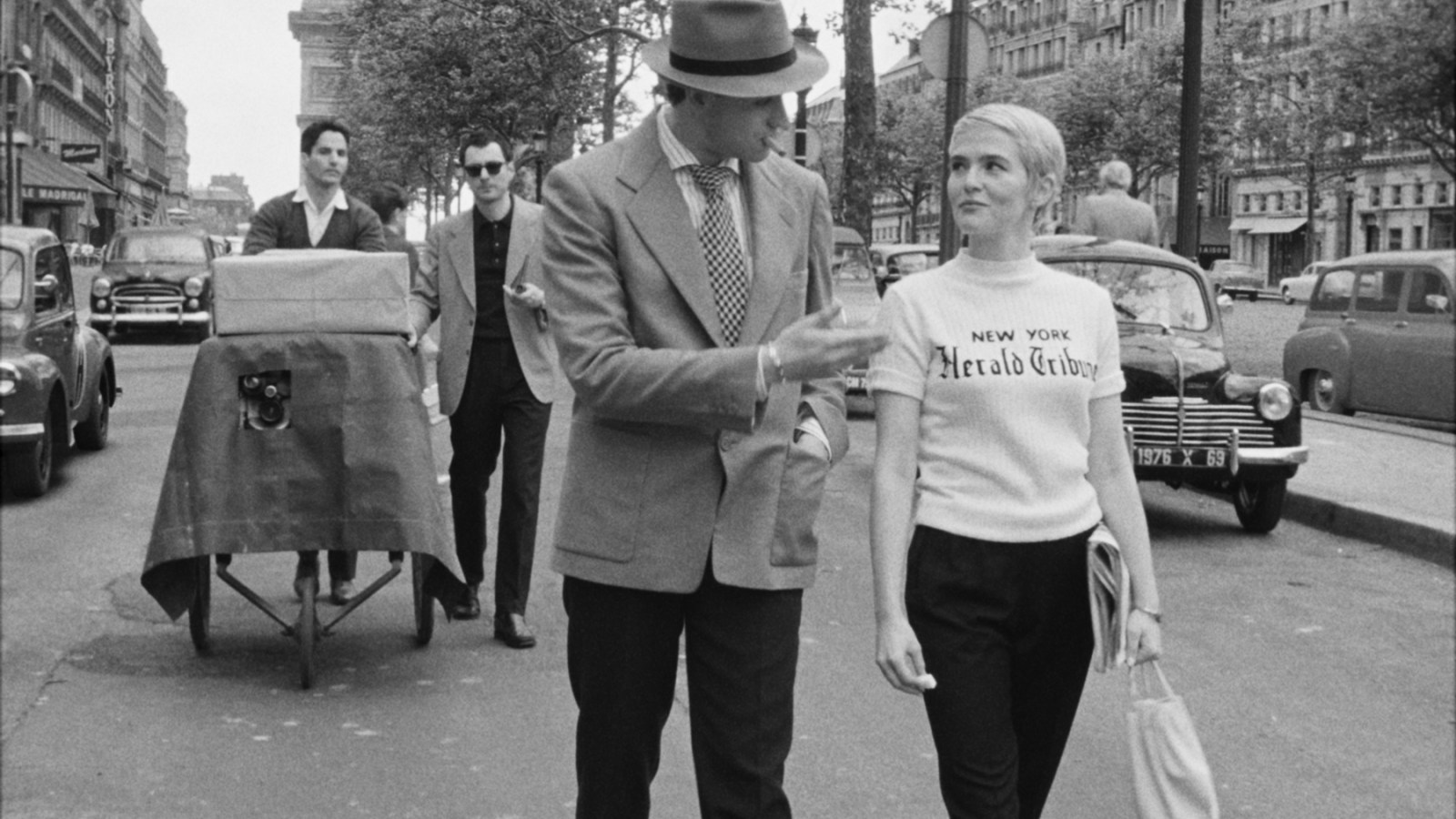
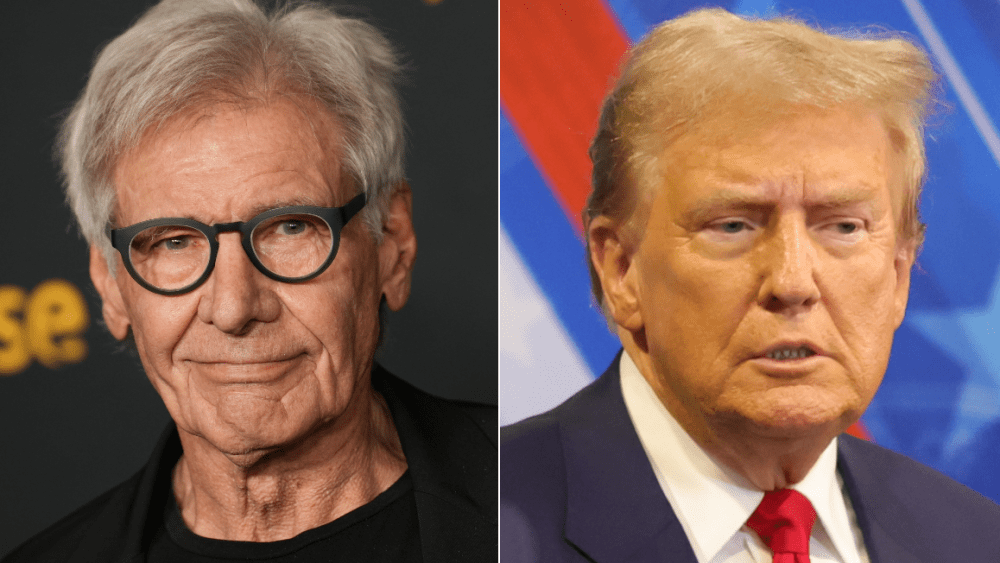
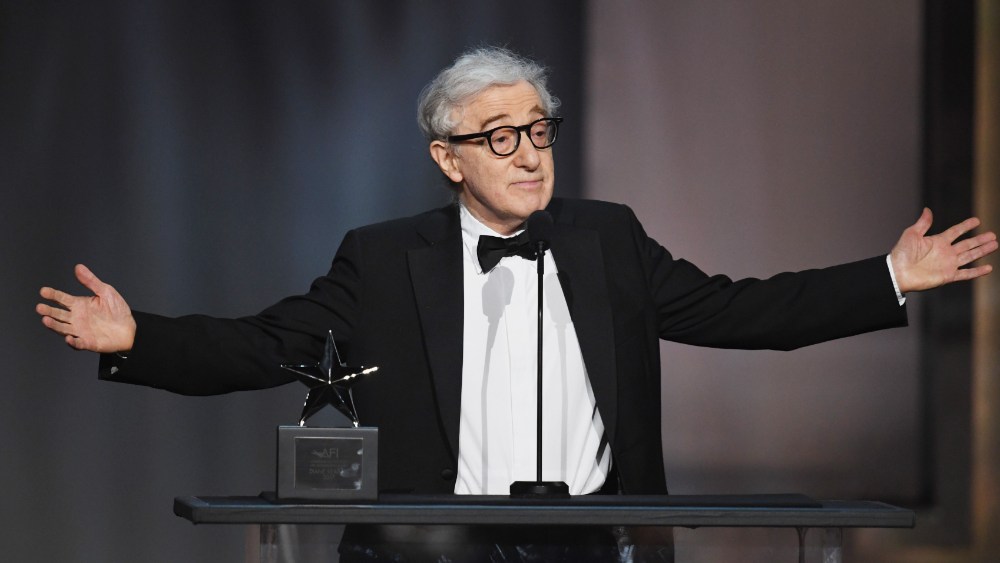
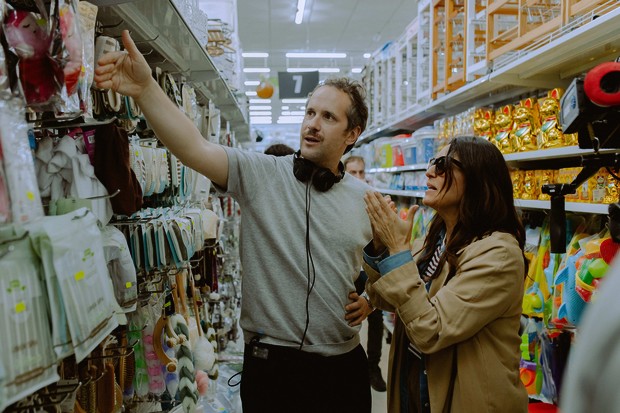
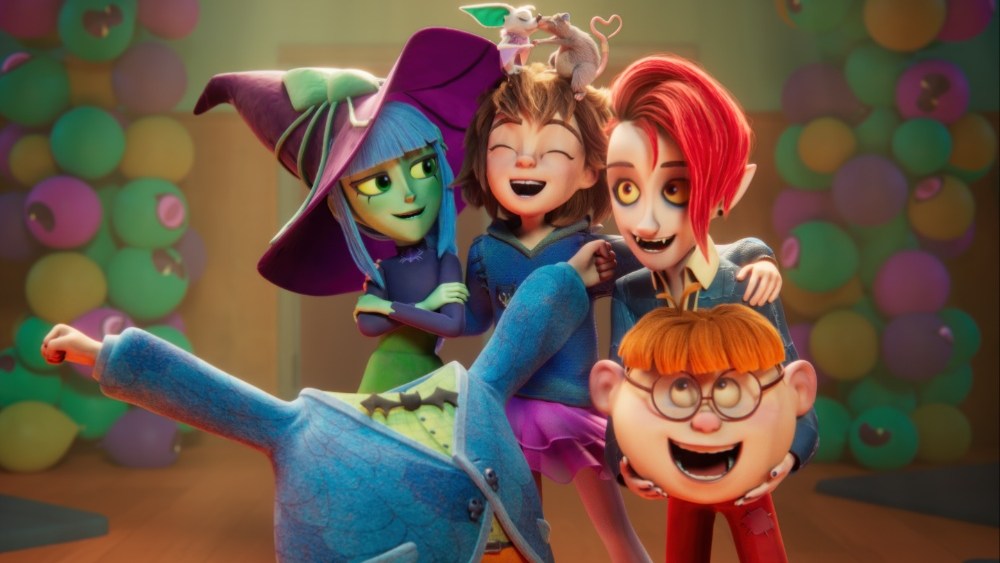
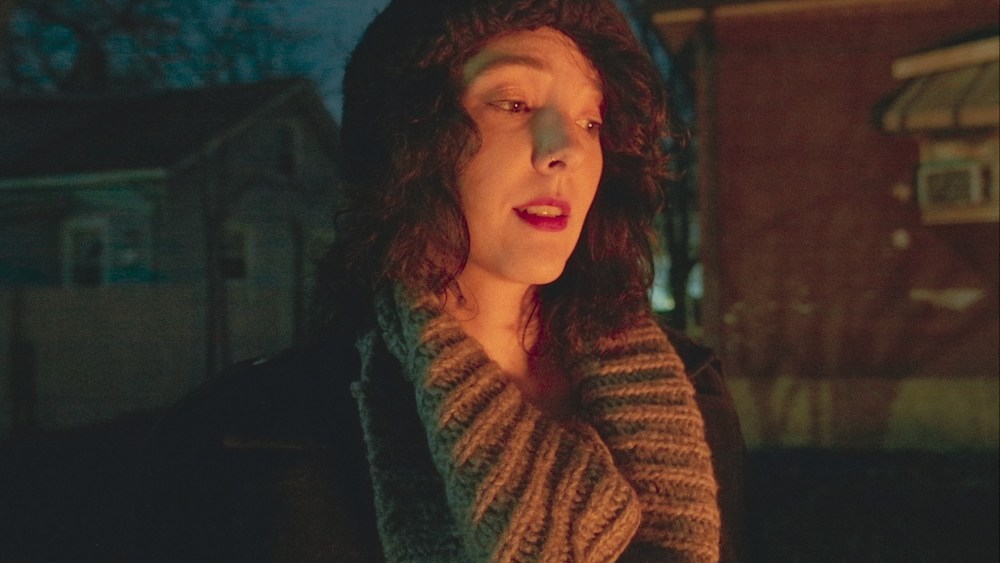
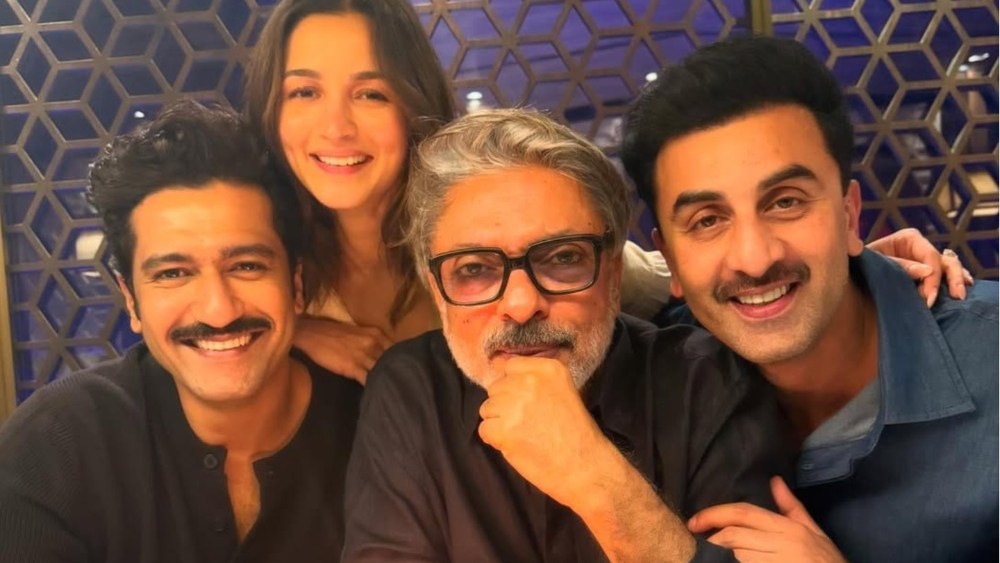
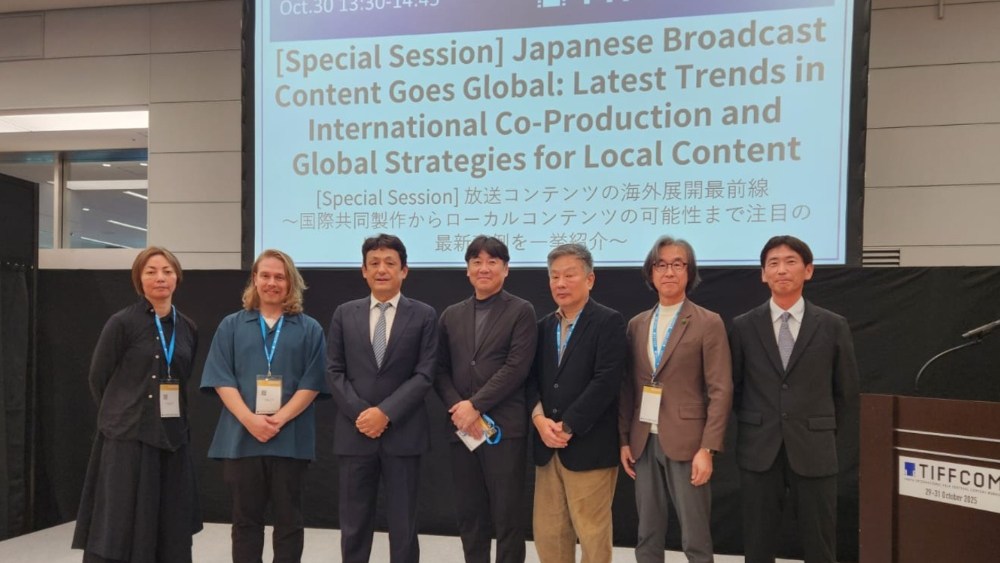

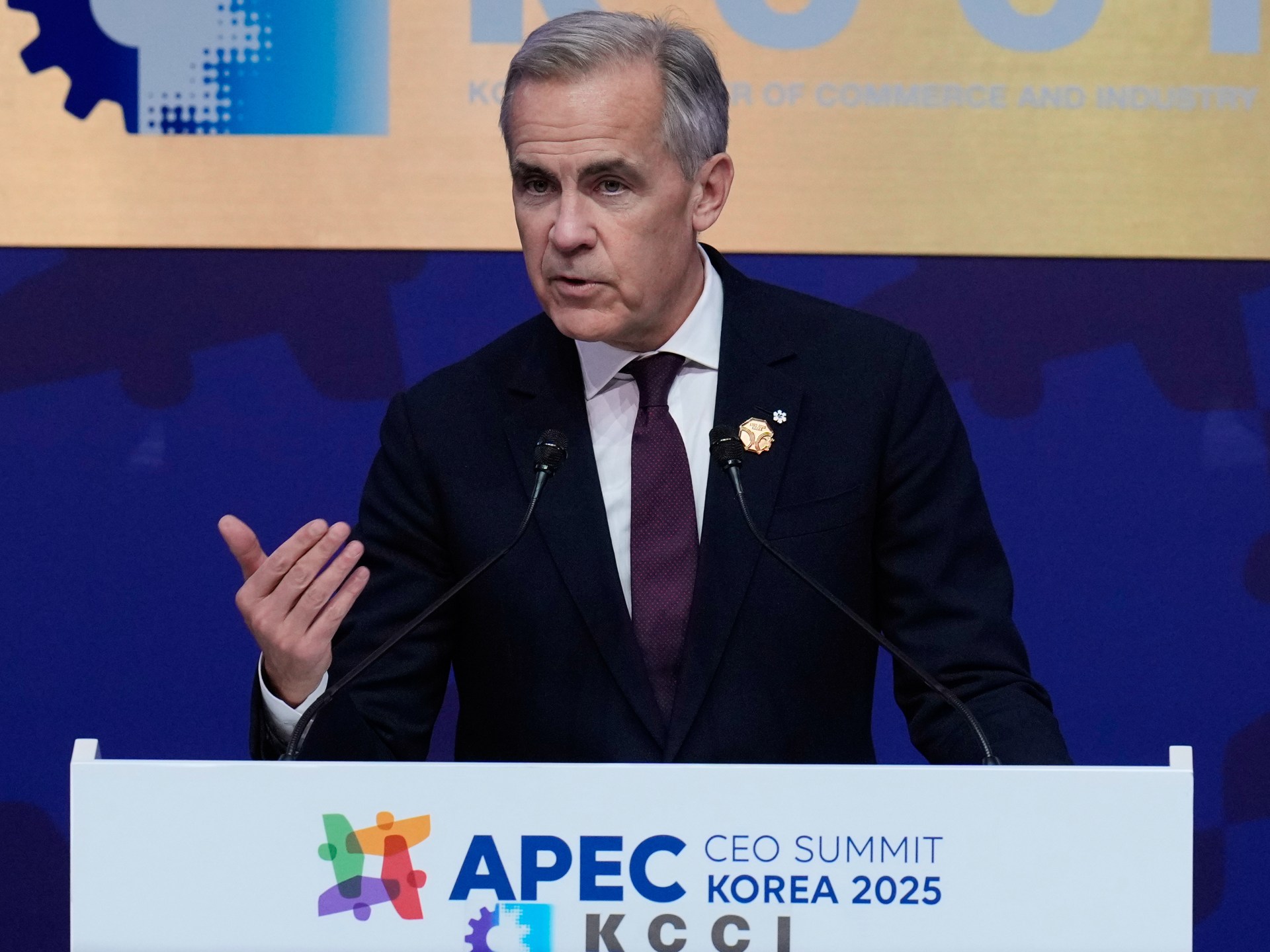


Leave a Reply